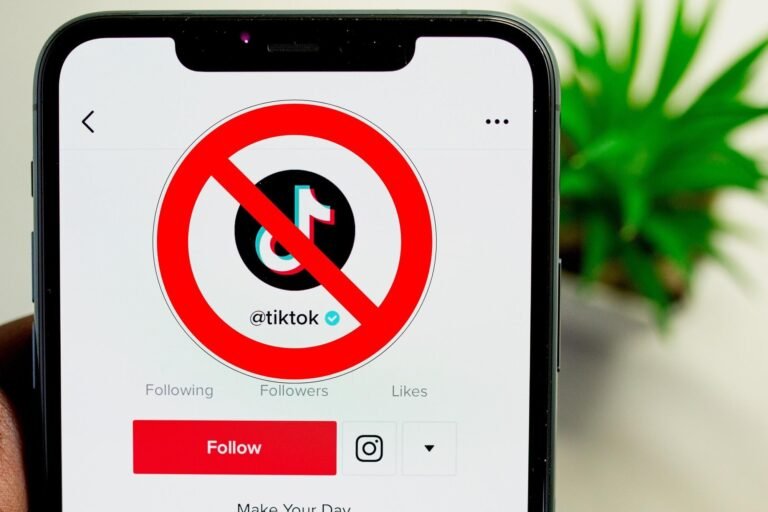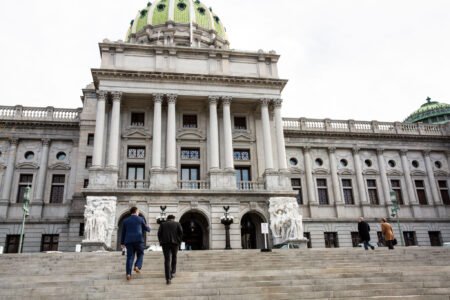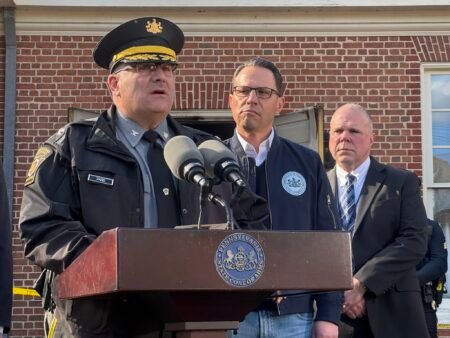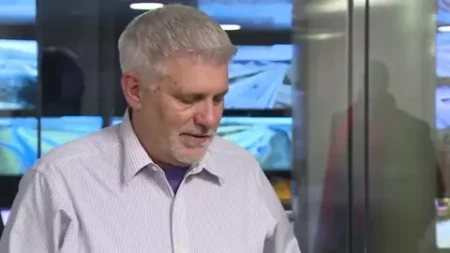Politicians in Britain risk losing a large share of the electorate by refusing to engage with voters on TikTok, according to Conservative MP Luke Evans, one of the few UK politicians with a notable following on the platform. Evans, who ranks as the sixth most-followed UK politician on TikTok, argued that many MPs are missing a vital opportunity to connect with younger audiences because of security concerns and a lack of understanding about how the app works.
TikTok has become the fastest-growing source of news in the UK, with Ofcom data showing that 11% of adults now use it to access information. Among children aged 12 to 15, the figure rises to 30%, with 12% of that group naming TikTok as their main source of news. Evans said this made it essential for politicians to communicate there, warning that failure to do so would leave a gap filled by others. “You’ve got to be where the electorate are,” he said, stressing that even limited visibility could make a major difference compared with total silence.
A recent analysis revealed that only 10% of Conservative MPs use TikTok, compared with nearly 25% of Labour MPs. This reluctance stems partly from concerns about user data, after the government banned TikTok from official devices in 2023. In contrast, populist politicians on both the right and left have built major followings, with Nigel Farage attracting 1.3 million followers, Jeremy Corbyn drawing more than 220,000, and Zarah Sultana reaching nearly half a million. Evans, by comparison, has 52,000 followers, still making him the most-followed Tory MP on the app.
Known by some as the “TikTok doctor MP” due to his background as a GP, Evans said he is frequently recognized in public thanks to his videos, which often focus on explaining the basics of how parliament works. He described how he had found an eager audience for simple, non-partisan content. “Let’s explain what happens when an MP wants to pass a bill, or how they ask a question,” he said, noting that his posts had created a rolling wave of engagement, with people asking more questions and wanting more insights.
Evans said the platform works well for short, clear answers to common queries, with voting records being a particularly popular topic to explain. His most widely viewed video, with over two million views, came when he stood in the Commons and read a poem about Queen Elizabeth II after her death. By editing the clip and adding music, he quickly drew attention from audiences far beyond parliament.
While encouraging his colleagues to engage more, Evans also warned about the influence of harmful content on the app, especially on young men who feel ignored by mainstream politicians. He cited the popularity of controversial influencers such as Andrew Tate, who built large audiences by appealing to young men seeking connection. Evans recalled one trend in which young men repeatedly responded to the question, “When times are tough, who do you talk to?” with answers such as “no one” and “nobody cares,” a pattern he described as raw and concerning.
Despite worries about security and the platform’s Chinese ownership, Evans insisted that politicians cannot afford to ignore what is happening on TikTok. He said that just as people once wrote letters to MPs and later shifted to emails, social media now serves as the place where public concerns are expressed most vividly. “People will naturally lead you where you need to look,” he said, arguing that TikTok in UK politics is not only unavoidable but essential for understanding the modern electorate.







